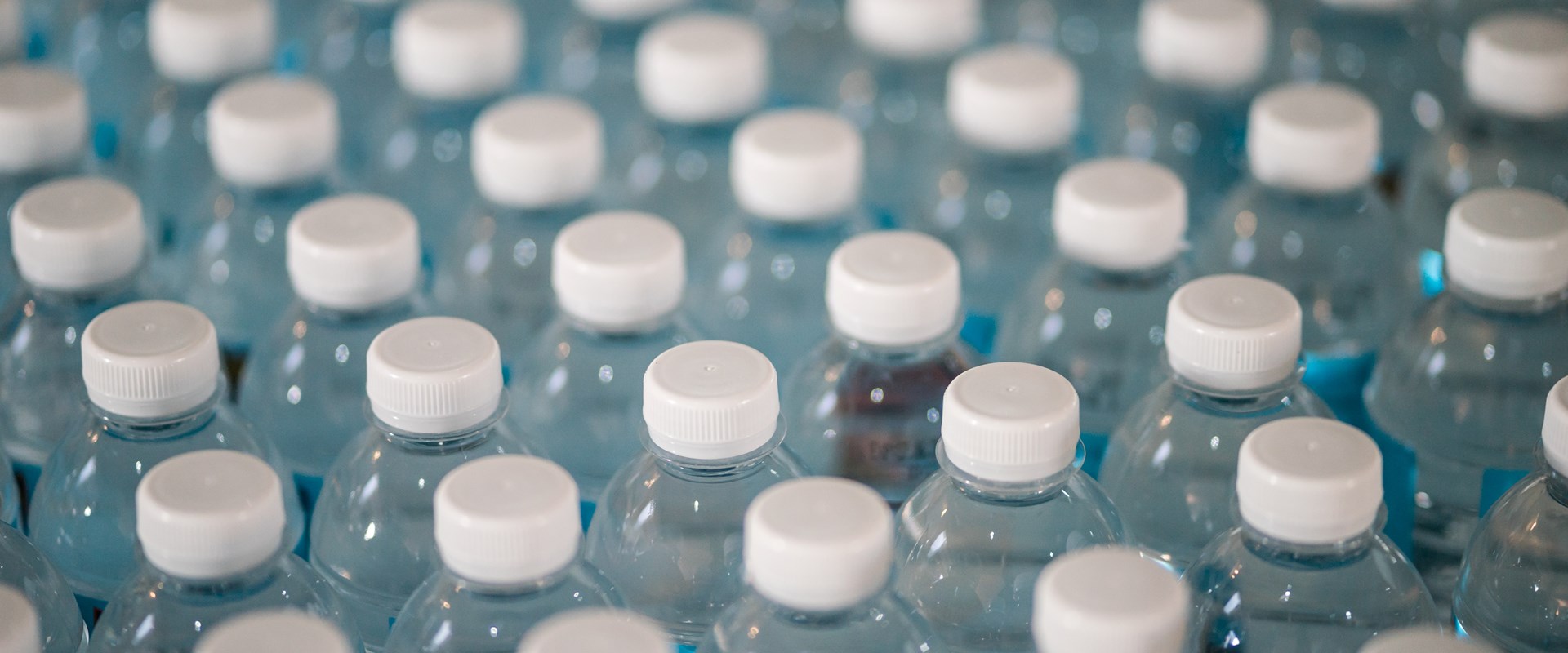Ahead of COP 26, the European Patent Office (EPO) have released a report looking into the global patenting trends in technologies related to plastics recycling and alternative plastics.
The reality is that we need plastics in our everyday lives, but how do we overcome the problems surrounding plastic pollution? This is where innovation steps in, and Europe and the United States are leading the way in terms of patent family filings (IPFs) (see page 8 of the report).
The report highlights two ways in which innovators are looking to solve the world’s plastic problem: recycling traditional plastic materials and developing alternative plastic materials.
PATENT AND PLASTIC RECYCLING
Against the backdrop of Boris Johnson’s comment earlier this week that “recycling plastics does not work”, the report highlights that chemical and biological recycling technologies generated the highest level of patenting activity in the field of plastic recycling over the last 20 years.
However, the number of patent filings in this technology area peaked in 2014 and has since been declining (see page 19 of the report).
This trend was most apparent in chemical plastic-to-feedstock technologies (such as cracking and pyrolysis). On the other hand, smaller innovation areas such as plastic-to-monomer (turning long changing polymers back into the relevant monomer components) and plastic-to-compost (e.g., technologies that use enzymes or living organisms to degrade polymers to compost) have been relatively stable over the past few years.
Nevertheless, innovation in waste recovery - a crucial prerequisite to any recycling process - has been the fastest growing field in plastic recycling since 2020 (page 21 of the report).
PATENTS AND ALTERNATIVE PLASTICS
Is it possible to avoid fossil fuel-based plastic materials entirely?
A key area of innovation in the plastic sphere relates to bio-based, biodegradable and compostable plastics. Not only do these materials reduce the use of fossil-based resources, but some are also able to be recycled in an environmentally friendly way thanks to some clever polymer synthesis and use of additives.
Of the alternative plastic materials, chemically modified natural polymers (such as modified polysaccharides including modified cellulose) are attributable to the largest number of patent filings over the last 10 years.
The fastest growing field in the number of patent filings was polymers made from bio-sourced polymers (for example, bio-PET which is used in Coca-Cola’s PlantBottle™). Notably, while these polymers help to circumvent the plastic industry’s reliance on fossil fuels, these materials are not bio-degradable.
Finally, the report also comments on a number of new emerging technologies including vitrimers.
Vitrimers are a new class of polymer, derived from thermosetting polymers. Vitrimers have dynamic covalent cross-links, which means that for every bond broken another new one is formed. The end result is a robust, self-healing material that can be endlessly reshaped and recycled (see the vitrimer case study on page 51 of the report).
The vitrimer case study highlights the importance of policy in steering the future of plastics, and how this new material is set to become part of this future across a broad range of applications such as sporting goods, automotive parts or wind turbines.
HOW WILL GOVERNMENT AND INDUSTRY POLICY DRIVE INNOVATION IN PLASTICS RECYCLING AND PLASTIC MATERIALS?
The report reiterates the importance of government and industry policy in driving innovation and change in the way that we use plastics.
The report aims to “[provide] a guide for policymakers and decisionmakers to direct resources towards promising technologies, assess their comparative advantage at different stages of the value chain and shed light on innovative companies and institutions that may be in a position to contribute to long-term sustainable growth”.
Accordingly, innovation in this area must be coupled with the relevant policies in order for us to find the path to a more sustainable planet.
If you are involved in a project involving plastic recycling and/or alternative plastic materials, the patent attorneys in our specialist energy and cleantech team are available to talk you through the best ways to protect and maximise the value of your innovation.







